
Prior SARS-CoV-2 infection was associated with a 2-fold increased risk for MACE for up to 3 years, even among people with no history of CVD, in a new analysis of UK Biobank data.

Prior SARS-CoV-2 infection was associated with a 2-fold increased risk for MACE for up to 3 years, even among people with no history of CVD, in a new analysis of UK Biobank data.
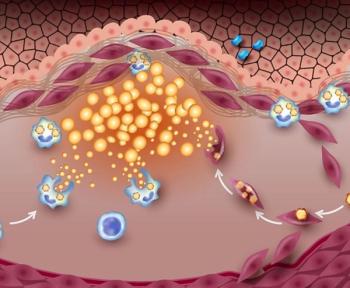
The use of visual imaging to detect atherosclerosis at its earliest stages and to quantify the burden enhances predictive value of traditional risk assessment tools.

Your daily dose of the clinical news you may have missed.

Your daily dose of the clinical news you may have missed.

A continuous increase in ASCVD risk was seen with higher levels of lipoprotein(a) in the largest study to date of the relationship.

Your daily dose of the clinical news you may have missed.
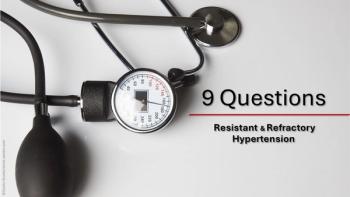
How are you managing your patients with resistant or refractory hypertension? How do your strategies align with current guidelines? Try these 9 questions and find out.
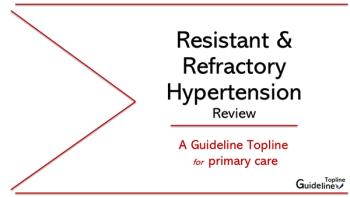
Hypertension that is resistant or refractory to treatment increases the risk of comorbidity and cardiovascular risk. Click through this at-a-glance review of key issues.

Your daily dose of the clinical news you may have missed.

New data shows that favorable CV health in the first trimester is associated with a 35% to 62% lower risk of HDP regardless of level of genetic risk.

Unawareness was highest among the youngest adults, aged 18 to 44 years, an age range where CV health should be optimized to avoid later morbidity, researchers wrote.

Approximately 10.5 million US adults, or 5% of the population, have the atrial fibrillation, according to new prevalence estimates.
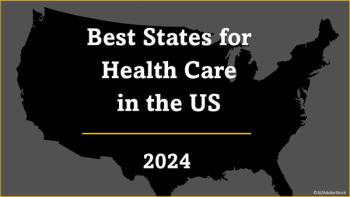
Which state retains the most medical residents? Or has the lowest cancer rate? Answers and more insights from a nationwide analysis, here.

Your daily dose of the clinical news you may have missed.

Your daily dose of the clinical news you may have missed.
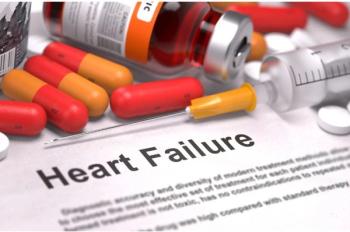
ESC 2024: Findings from the FINEARTS-HF clinical trial provide the first definite evidence that an MRA can be beneficial in patients with HFmrEF/HFpEF.

ESC 2024: Cannabis, opioid, and MDMA use were most strongly tied to cardiovascular event risk, according to a new study.

Your daily dose of the clinical news you may have missed.

Your daily dose of the clinical news you may have missed.

In secondary CVD prevention, low/moderate-dose statins plus ezetimibe were superior to high-dose statin for reducing biomarkers, myalgias but did not reduce MACE.

The sGC activator represents a novel approach to modulating the nitric oxide-soluble sGC-cyclic guanosine monophosphate pathway.
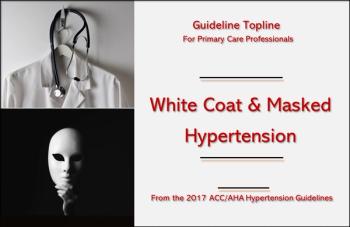
White coat and masked hypertension can be elusive and dangerous. Click through a topline look at recommendations from the 2017 ACC/AHA hypertension guidelines.

Conversely, greater intake of animal-based fat was associated with an increased risk of overall and CVD mortality, authors reported.
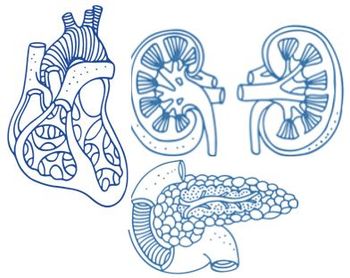
No health system across the 28 analyzed in this study demonstrated appropriate SGLT2i prescribing for more than 25% of eligible individuals.
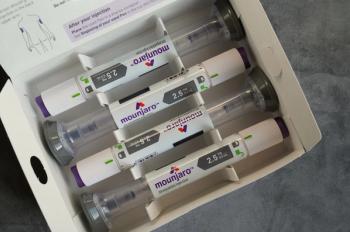
In a head-to-head real world study, tirzepatide compared with semaglutide resulted in 42%, 20%, and 46% reduced risks for all-cause mortality and major adverse CV and renal events, respectively.